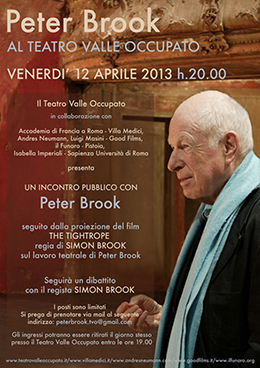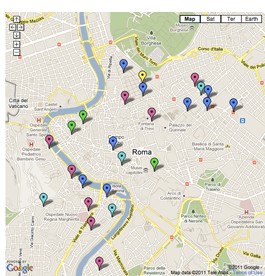There are facts and there is what we think about facts
All modal verbs can be used to express deduction. That is, when we express what we think we know, as opposed to what we know.
And they behave differently. They have continuous, passive and past forms that are constructed with the continuous infinitive (be doing), passive infinitive (be done) and perfect infinitive (have done). These forms are notably different to standard constructions.
For example, the standard past of he can’t do is he couldn’t do but the deductive version is he couldn’t have done.
Notice that there is not much distinction between ‘may’ and ‘might’ for possibility, which usually look into the future—it may/might rain later—and the same verbs for deduction, which generally refer to the present—he may/might be at home.
Both ‘may’ and ‘might’ are used for past deduction: the butler may/might have killed her (i.e. perhaps the butler killed her). But only ‘might’ is used for the unreal past: you might have killed yourself (i.e. you didn’t kill yourself, but you took a terrible risk).
Modal verbs of possibility
Modal verbs of obligation
Modal Will and Shall
An introduction to modal verbs


